Pregnancy is the implantation, growth and development of a fetus for a full term about 40 weeks which will result in childbirth. A typical pregnancy lasts nine months from the end of your last menstrual period. If you are wondering about "could I be pregnant?", there are some unique symptoms that accompany pregnancy that may provide answers to this question; however the symptoms may vary from woman to woman. The most significant pregnancy symptom, though, is a delayed or missed period. This should not be interpreted as the sure sign that you are pregnant, however, until you are evaluated by a health care provider or have a positive home pregnancy test.
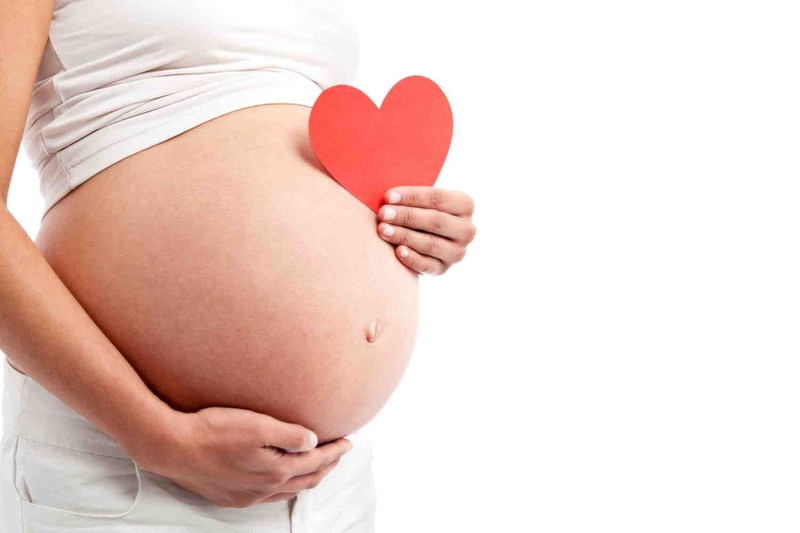
Could I Be Pregnant?
Morning sickness
Morning sickness can happen at any time of the night or day and usually starts as early as three weeks after conception. Expectant women may also discover that they now have nausea to certain smells that they have never been bothered by before.
Changes in taste
Pregnant women might find themselves turning their noses up at certain foods which previously they may have loved. There can also be an increase in food cravings that are strongest during the first trimester of pregnancy. Both of these symptoms can also be chalked up to hormonal changes.
Spotting
Spotting is defined as “small amount of bleeding” and is usually one of the first signs of pregnancy, happening between 10 and 14 days after conception. Spotting happens when the fertilized egg attaches to the uterine lining. This bleeding mostly goes unnoticed as it usually happens around the time of your regularly scheduled period. However, implantation bleeding is usually much lighter than that in a menstrual period.
Increased body basal temperature
Basal body temperature is the temperature when you first wake up in the morning and can provide an early clue about whether or not you are pregnant. Normally, your body temperature increases slightly soon after ovulation, lowers shortly after ovulation has occurred and remains at that level until your next period. Many women who wish to conceive chart their basal body temperatures to determine when they ovulate. If this body temperature elevation occurs for more than two weeks, it could be a definitive sign that you are pregnant.
Cramping and bloating
Some women, in early pregnancy, experience mild cramping in their uterus as it expands to accommodate the upcoming baby. As the uterus enlarges, the intestines are crowded in the abdomen and more pressure is put on the stomach, thereby slowing digestion and increasing the feeling of bloating.
Tender, swollen breasts
Usually one of the very early signs, along with cramping and implantation bleeding, is changes in an expectant woman’s breasts. Within two weeks after conception, breasts will become swollen, sore or tingly and as time goes on, breasts may also feel heavier, fuller and tender to the touch. The color of areola or areas around the nipples may darken. After several weeks, as the body gets used to the new hormones, breast pain will ease.
Tiredness
It is very normal, especially early in pregnancy, to feel very tired. This tired feeling can be related to the high level of progesterone in your system but can also be attributed to lower levels of blood sugar, lower blood pressure and a boost in blood production.
Delayed or missed periods
This may seem to be one of the most obvious pregnant symptoms as well as one that may prompt the expectant mother to take a pregnancy test. However, all delayed or missed periods are not caused by pregnancy. Some other common causes of a missed period include: gaining or losing too much weight, hormonal problems, fatigue, and stress. Some women also miss their periods when they stop taking birth control pills.
Other early pregnant symptoms
While pregnancy is beautiful, it can also bring a host of hormonal changes that will cause some other, quite unpleasant, symptoms.
Frequent urination will usually start around six to eight weeks after conception and is usually tied to hormonal levels.
Higher levels of hormones can also cause constipation, as food will pass more slowly through the intestines.
Mood swings, one of the most well-known pregnant symptoms, are most common during the first trimester and are also related to a change in hormones.
Many women reported frequent mild headaches, and some experienced chronic back pain.
Dizziness and fainting may be pregnant symptoms and are usually related to dilating blood vessels, lower blood pressure and blood sugar.
How to Find Out If You Are Really Pregnant
Urine tests
Generally, urine tests can be done either at a doctor’s office or at home. Many women take their first pregnancy urine test roughly a week after their missed period at home as home test is private and convenient. All home pregnancy tests come with instructions that must be followed closely for the most accurate results. While these tests are accurate, you should confirm results by seeing a doctor.
Watch the video to learn how to do a urine pregnancy test at home:
Blood tests
Blood tests are used less often than urine tests and must be done at a doctor’s office. They can also detect pregnancy earlier than a home pregnancy test. Blood tests may take longer to produce results but have higher accuracy.
Qualitative HCG test: This test checks to see if the pregnancy hormone HCG is present. It is often ordered by doctors to confirm a suspected pregnancy as early as ten days after a missed period.
Quantitative HCG test: It measures the exact amount of HCG in the blood. They are more accurate than qualitative test because they can find the hormone even at very low levels. This test can also be used throughout pregnancy to track problems such as ruling out tubal pregnancies and monitoring women after a miscarriage when HCG levels fall rapidly.
Accuracy of tests
While it may be tempting to run to the store as soon as you miss a period, the most accurate result usually happens at least a week after.
These results may also be more accurate when taken first thing in the morning, when urine is much more concentrated.
Home pregnancy tests can be 97% accurate and blood tests’ accuracy is even higher. If you have any questions about if you are pregnant, you best choice is to talk to your doctor.
- While it may be tempting to run to the store as soon as you miss a period, the most accurate result usually happens at least a week after.
- These results may also be more accurate when taken first thing in the morning, when urine is much more concentrated.
- Home pregnancy tests can be 97% accurate and blood tests’ accuracy is even higher. If you have any questions about if you are pregnant, you best choice is to talk to your doctor.






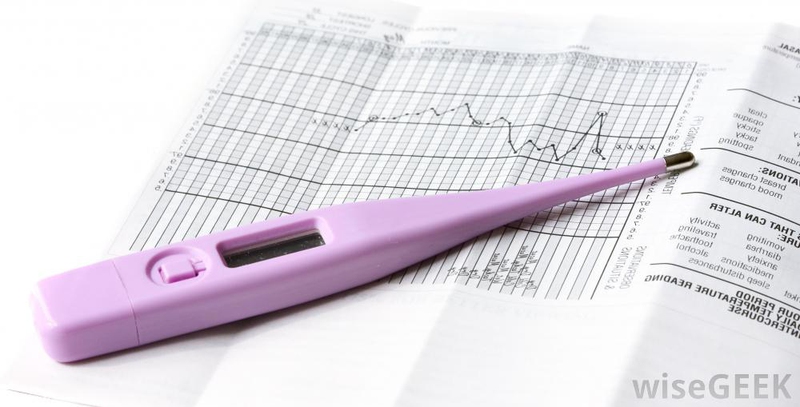
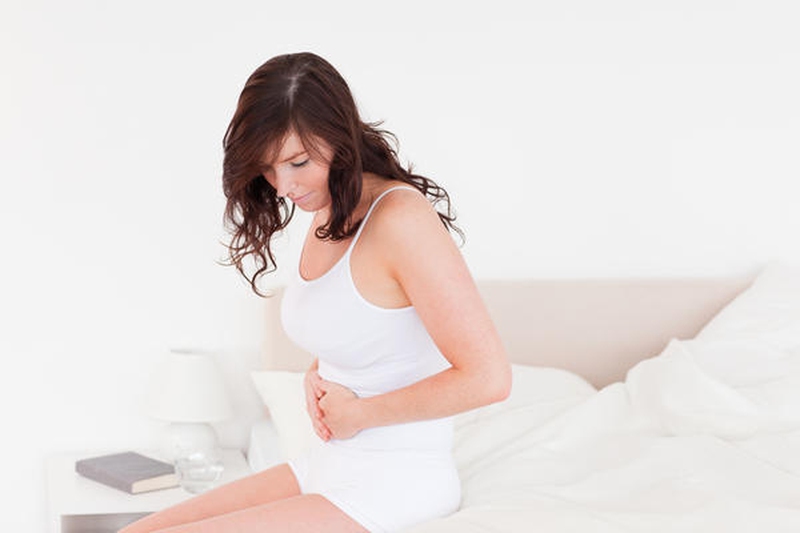



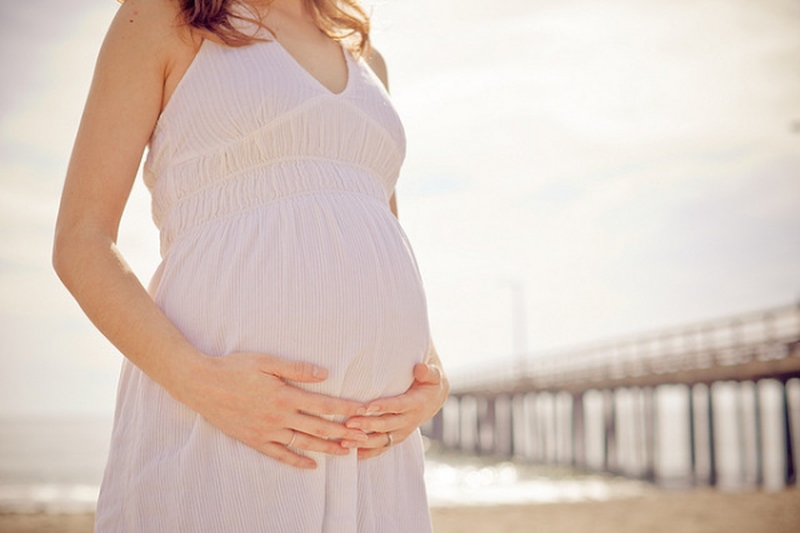
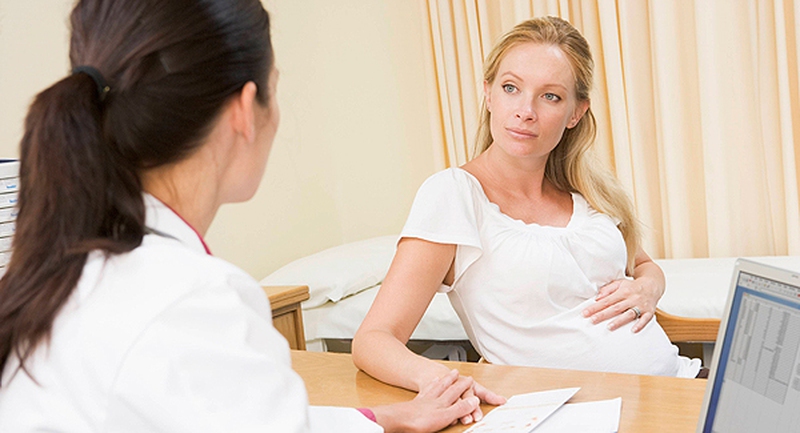
View All Comments /Add Comment